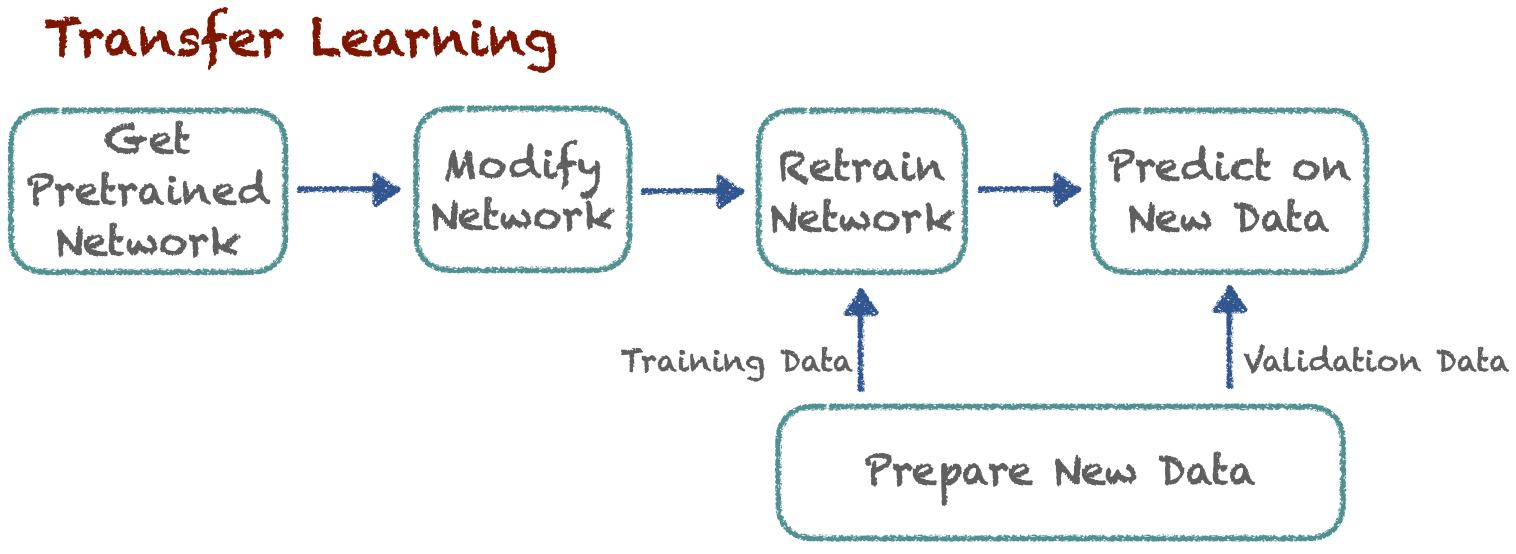Predicting ICU Length of Stay in People with Acute Traumatic Spinal Cord Injury Using Continual Bayesian Transfer Learning
Monday, February 3, 2025, 1pm - 2pm
Location: Room 280 @ Health Sciences building
Registration Link: https://docs.google.com/forms/d/e/1FAIpQLSefXCw9_Sa-oflhcM7YwrsBonV2fTOJfHERxokhKa44s-FTsA/viewform

Description
Instructor: Linke Li
Patients with acute traumatic spinal cord injuries at the neck (TSCI-N) admitted to the ICU require intensive care, often resulting in significant use of medical resources and presenting challenges for rehabilitation planning. Accurately predicting ICU length of stay (LOS) is essential for efficient resource allocation. However, traditional statistical models face notable limitations in this area. First, the relatively small number of TSCI-N cases makes it challenging to develop robust models with limited sample sizes. Second, widely used ICU LOS prediction models, such as APACHE IV, often fail to deliver accurate predictions at the individual patient level.
In Linke’s talk, he will introduce the Bayesian continual transfer learning framework, detail its implementation using the MIMIC-III dataset, and provide a step-by-step guide for building and evaluating the model in R. He udemonstrates on the Medical Information Mart for Intensive Care III (MIMIC-III) dataset to develop a nonparametric Bayesian continual transfer model. This innovative approach dynamically leverages information from patients with similar diagnoses to enhance the accuracy of ICU LOS predictions for TSCI-N patients. When compared to conventional benchmark models, such as XGBoost and APACHE IV, the proposed model demonstrates superior performance, achieving lower RMSE and higher R² values.
Linke Li is a Postdoctoral Research Fellow at the Data Science Institute, University of Toronto. He completed a Ph.D. in Biostatistics at the University of Toronto, where his research focused on developing methods for adaptive trial design. Prior to his doctoral studies, he earned a Bachelor of Computing degree and a Master of Science degree in Statistics from Queen’s University. Currently, as a postdoc, Linke is working on optimizing adaptive clinical trial designs using reinforcement learning and health economics models. Outside of research, he is an avid fan of comic and detective novels.